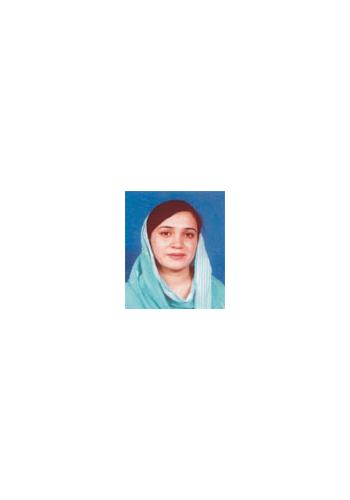- پاکستان جرنل آف اسلامک ریسرچ, Vol # 20, Issue # 2
- The Relationship between Work Ethics (Based on the Qur’ān Sunnah and Aḥadīth), Intrinsic Motivation and Tacit Knowledge Sharing
The Relationship between Work Ethics (Based on the Qur’ān Sunnah and Aḥadīth), Intrinsic Motivation and Tacit Knowledge Sharing
- Khawar Naheed/
- Asif Yaseen/
- Mubashir Mehdi/
- December 31, 2019
Keywords
Despite the contribution of existing literature on work ethics and employee’s behavior, little has been known about work ethics based on Ḥadīth, Qur’ān, and Sunnah and tacit knowledge sharing. In extant literature, the discussion on work ethics has attracted attention of the scholars in recent times. However, most of religion based studies relied on Protestant based ethics that is based on ethics of Christianity. The results of Western studies cannot be applied to the work ethics that are based on Islamic beliefs called as Islamic Work Ethics (IWE). Protestant work ethics are based on the ideology of Webber that emphasis on monetary benefits in this Worldly life while ethics based on Islamic ideology (teachings of the Holy Qur’ān, Sunnah, and Aḥadīth) focused on this life and Hereafter. Thus, it is essential to test the relationships of IWE and intrinsic motivation on sharing behavior particularly tacit knowledge behavior. The objective of the current study is to test the effect of IWE and intrinsic motivation on tacit knowledge sharing. The data was collected from Muslims academics working in five researches based public universities of Malaysia. The data was analyzed in SPSS 24. The results showed that Islamic work ethics and intrinsic motivation have significant positive relationship with tacit knowledge sharing. It indicated that Muslims follow and practices the Islamic ethics and is internally motivated to share their personalized knowledge with their colleagues. This study has some recommendation for future studies.
Statistics
Author(s):

Khawar Naheed
AuthorAssistant Professor, Department of Commerce, Bahauddin Zakariya University, Multan.
Pakistan
- khawarnaheed@bzu.edu.pk
- website

Asif Yaseen
AuthorAssistant Professor, Department of Commerce, Bahauddin Zakariya University, Multan.
Pakistan
- asifyaseen@bzu.edu.pk
- website
Mubashir Mehdi
AuthorAssistant Professor, Institute of Business Management Sciences, University of Agriculture, Faisalabad.
Pakistan
Details:
| Type: | Article |
| Volume: | 20 |
| Issue: | 2 |
| Language: | English |
| Id: | 6020d8b47d9d0 |
| Published | December 31, 2019 |
Statistics
|
|---|

Copyrights
| © 2008-2018 Islamic Research Centre, Bahauddin Zakariya University, Multan, Pakistan. |
|---|

This work is licensed under a Creative Commons Attribution 4.0 International License.
